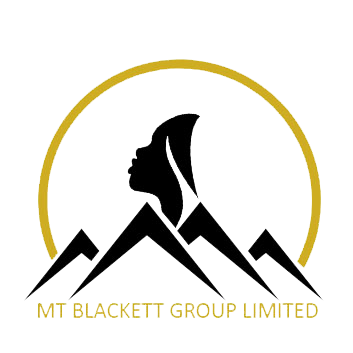Construction accounting for busy contractors
These systems are more than just tools; they’re partners in ensuring the financial success of a real estate business. The world of real estate development is complex, and accounting is its compass. It guides developers through construction bookkeeping the financial maze, ensuring profitability and sustainability. Staying updated with evolving real estate accounting standards is essential.
Property Management Firms and Operational Efficiency
Ultimately, accurate and transparent accounting is foundational for REITs to maintain stakeholder trust and drive investments. Stakeholders, including property owners and investors, rely on financial reports to understand a property’s performance. These reports provide insights into a property’s financial health, cash flow, and profitability. Accurate reporting is essential for informed decision-making, attracting potential investors, and ensuring the business’s sustainability. In the real estate industry, trust is built on transparency, and these reports play a pivotal role in that. Regular and accurate reporting also ensures that the business remains compliant with industry standards.
Revenue Recognition for Construction Projects
Accurate tax planning ensures that businesses optimize their tax strategies and remain compliant. Utilizing these platforms is crucial for real-time financial reporting. Advanced software solutions offer https://www.inkl.com/news/the-significance-of-construction-bookkeeping-for-streamlining-projects features for cloud-based accounting. Accurate cloud platforms drive financial transparency and stakeholder trust.
- The significance of accurate financial data cannot be overstated, as it directly impacts investment decisions and business strategies.
- Property tax is a significant consideration in real estate accounting.
- Regular communication with the client and timely billing for change orders can ensure that the project remains financially viable.
- Here are seven basic steps to set up a real estate accounting system.
- Understanding accrual accounting is foundational for real estate professionals aiming for accurate financial reporting.
- Ultimately, compliance with accounting standards ensures that financial statements are comparable and transparent.
Benefiting from Tax Planning and Strategies
Advanced software solutions offer features for monitoring tax amendments. Training sessions offer insights into tax amendment monitoring techniques. For real estate professionals, understanding tax amendments is crucial. Accurate monitoring ensures that businesses remain compliant and optimize their tax strategies. GAAP is a collection of accounting principles widely accepted in the U.S. Adhering to GAAP ensures standardized financial reporting for real estate businesses.
Stakeholders rely on trained professionals for trust and decision-making. Furthermore, continuous professional development ensures that real estate businesses remain competitive and ahead of the curve. In regular accounting, financial activities are typically straightforward, focusing on standard business operations and transactions. Customization in accounting software allows businesses to tailor features to their needs.
